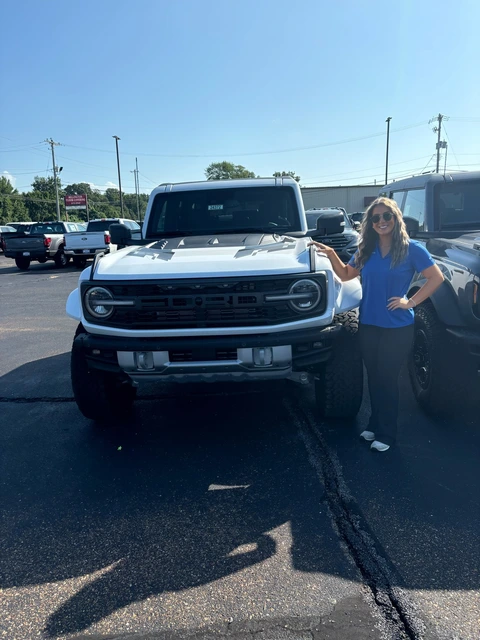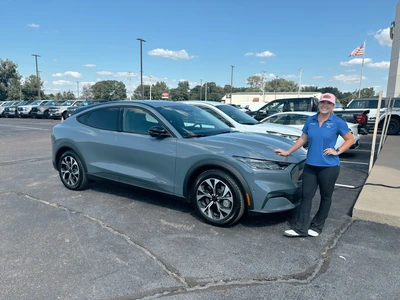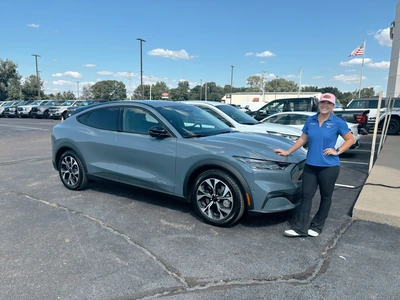When shopping for a new car, it’s easy to get overwhelmed by the various incentives and discounts offered by dealerships and manufacturers. One of the most enticing offers you might encounter is a car rebate. But what exactly is a car rebate, and how can it save you money on your next vehicle purchase? In this blog, we'll break down all the details about car rebates to help you make an informed decision.
What Is a Car Rebate?
A car rebate is a discount offered by the manufacturer or dealership to encourage customers to purchase a specific vehicle. Unlike a loan or lease incentive, which might lower your monthly payment, a rebate provides a direct reduction in the purchase price of the car. Essentially, it's a cash incentive that reduces the overall cost, making the vehicle more affordable.
How Do Car Rebates Work?
Car rebates are typically applied at the time of purchase. When you negotiate the price of the car, the rebate is subtracted from the agreed-upon price. For example, if the car you’re interested in costs $30,000 and there’s a $3,000 rebate, you would only need to finance or pay $27,000.
It’s important to note that rebates are often subject to specific conditions. For example, you might need to finance through the manufacturer’s lending arm or meet certain credit score requirements. Always read the fine print and ask your dealer for full details to ensure you qualify.
Combining Rebates with Other Incentives
One of the biggest advantages of car rebates is that they can often be combined with other incentives. For instance, you might be able to use a rebate along with a low-interest financing offer or dealer discounts. This can result in significant savings and make it easier to afford the car you want.
However, be aware that some dealerships may require you to choose between a rebate and special financing. It’s a good idea to run the numbers to see which option provides the most savings in the long run.
When Are Rebates Available?
Car rebates are usually offered during specific times of the year, often aligning with key sales events or the release of new models. Common times to see rebates include:
-
End of the Model Year: Manufacturers often provide rebates to clear out inventory of the current model year to make room for new arrivals.
-
Holiday Sales Events: Major holidays like Memorial Day, Labor Day, and the end-of-year holidays often see increased rebate offers.
-
Slow Sales Periods: If a particular model isn’t selling well, manufacturers may offer rebates to boost sales.
Tips for Maximizing Car Rebates
1. Do Your Research: Before heading to the dealership, research current rebate offers from various manufacturers. Websites and dealership advertisements often list available rebates, helping you identify the best deals.
2. Ask About Stackable Offers: Inquire whether the rebate can be combined with other offers, such as dealer discounts or financing incentives. This can maximize your savings.
3. Check the Expiration Date: Rebates are often time-sensitive, so make sure you’re aware of the expiration date. Plan your purchase accordingly to take advantage of the best offers.
4. Understand the Fine Print: Ensure you fully understand the terms and conditions of the rebate. Some rebates may have specific eligibility requirements or restrictions, so it’s important to clarify these with your dealer
Car Rebates Are a Smart Way to Save
Car rebates are a powerful tool for saving money on your next vehicle purchase. By understanding how they work and knowing when and where to find the best offers, you can significantly reduce the cost of buying a new car. Whether you’re a first-time buyer, a loyal customer, or someone looking to switch brands, there’s likely a rebate out there that can help you get a great deal.
Keep an eye on current offers, do your homework, and don’t hesitate to ask your dealer about all available rebates. With the right approach, you’ll drive away with more money in your pocket and a great new car in your driveway.
Riley Baskin
(901) 326-6270
Homer Skelton Ford of Millington












